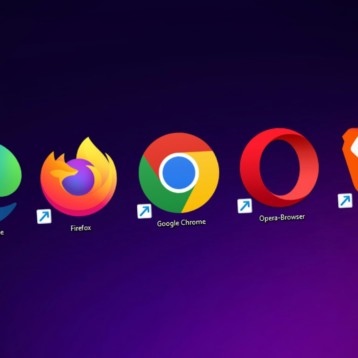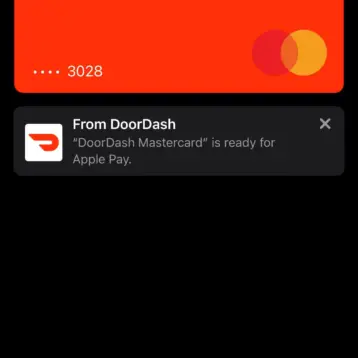
Photo by energepic.com from Pexels
The internet has changed the way our lives work over the last twenty years from socializing to business and education is no different at all. Here we will look at some of the positive changes that have helped make study easier and more accessible than it ever has been before for students of all abilities and circumstances.
Lecture Tools & Notes
The amount of tools available to teaching staff has greatly increased. With the emergence of interactive and online presentation displays in lecture theatres has revolutionized the teaching experience. Granted things like videos and overhead projectors have existed for decades but it’s only in the last decade or so that a lecturer can call up materials from the internet in real-time, this lessens prep time and allows much more to be put in a lesson. The lectures are often recorded and made available online to registered students to recap and relive the experience.
Availability Of Journals
In the old days, you would often have to request an academic journal from your library and if they didn’t hold that particular journal it could be requested from another university library. This whole process could take a week or two and then could still be all for nothing if the journal wasn’t what you expected it to be. But now everything is available at the touch of a button.
Applying For Courses
Even the process of applying to courses has been made much easier with online tools. You can easily and instantly bring up a list of universities in the UK, or anywhere else for that matter. You can apply and track the progress of these applications easily online.
Option Of Distance Study
There have been correspondence courses and university degrees for a long time, but recently almost every college and university is getting in on this lucrative market. It makes perfect sense as there is not as much of a limit on the university resources as you can have a much larger number of students view an online lecture and access the resources. This allows students with other commitments like family and work access to education.
Student Discussion & Collaboration
In most courses, there are online chats where students can discuss course work, theories and ideas. They can also collaborate online for joint assessments etc. This is great because it means that students who have schedules that are not compatible can still collaborate on assignments where this is a requirement. It should not be a complete substitute for face to face collaboration rather it should be used to supplement this.
Accessibility For Students With Learning Difficulties
Where a student has a learning disability it is so much easier to offer them the help and support that they require. Voice recognition technologies, for example, can assist those students who find writing difficult or software which reads notes, books, and documents out for visually impaired students. All of this combined with the other aids we’ve already mentioned means that these days education is much more accessible than in the past.







![10 Top Game Sites Not Blocked By School [2024 Updated]](https://thefutureofthings.com/wp-content/uploads/2024/10/image-25-358x358.png)


